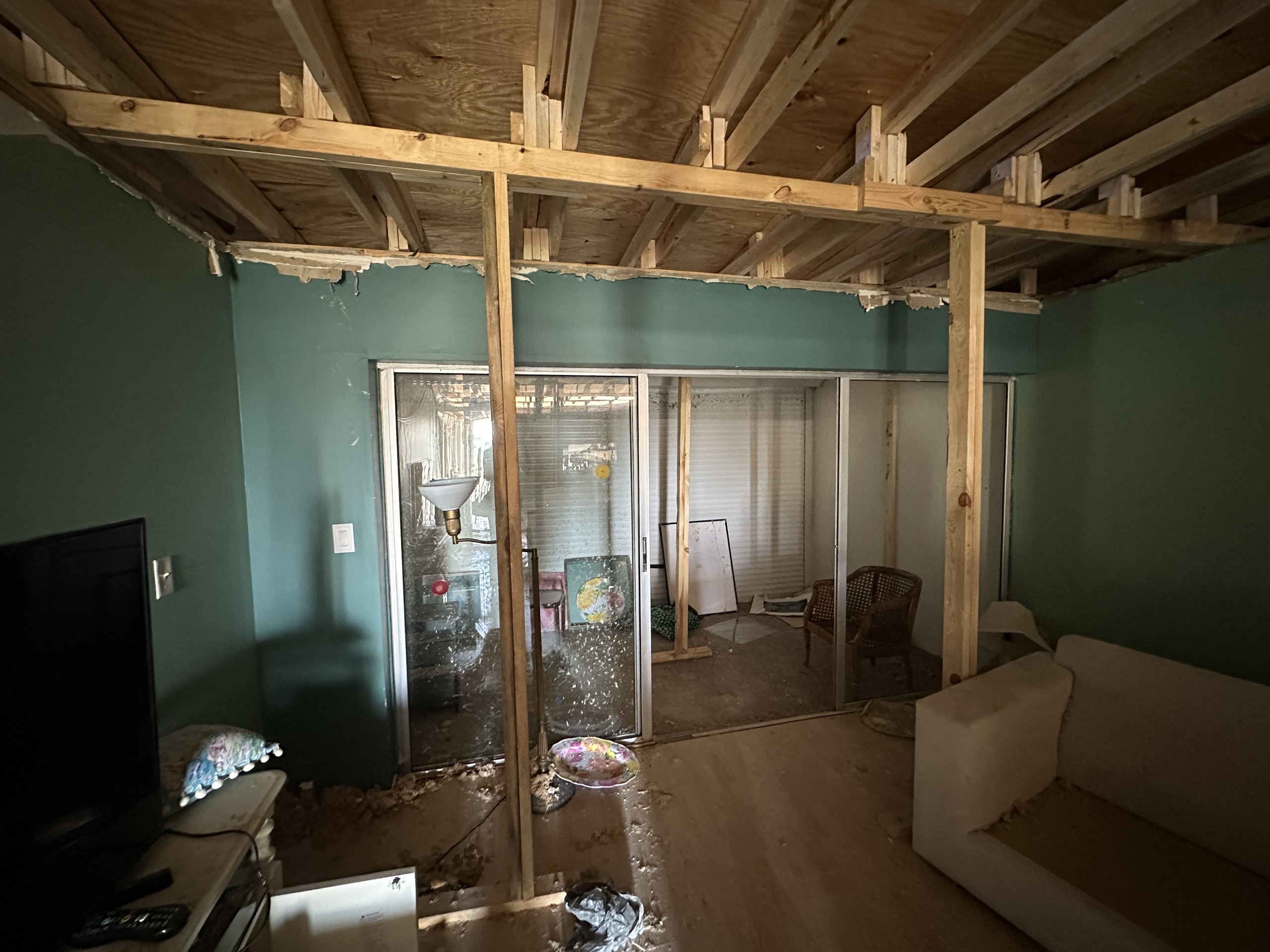Hurricane Straps In Florida Code: What You Need To Know

In Florida, the need for hurricane-resistant homes has grown as severe storms become more frequent. A key component in enhancing home safety is the use of hurricane straps. The Florida Building Code mandates the installation of hurricane straps for all new homes and those rebuilt on existing foundations, including homes on piers. This regulation is especially vital for homes on piers, which are more vulnerable to the impact of strong winds.
Structural Inspections Are Needed for Code Compliance
For homes built or repaired on piers, it is necessary to confirm that they meet the key hurricane code requirements. Structural inspections help homeowners understand if the foundation and framing have adequate support to handle hurricane-force winds.
Inspectors assess the strength and placement of straps and other reinforcements to see if the home is up to code. These checks are especially useful after repairs or renovations, as codes change over time, and upgrades may be needed for better safety.
Requirements For Hurricane Straps on Wooden Piers
The Florida Building Code’s Chapter 18 specifies requirements for securing homes built on wooden piers or pilings. This chapter covers specific measures for these foundations, as they have more exposure to uplift forces during hurricanes.
It outlines where straps are necessary and describes the best ways to connect wood framing securely. The straps are not just for the frame-to-pier connections; they are also used to reinforce wall connections, which keeps the structure stable against heavy winds.
Section 2321.6.1 further details the use of steel straps to link framing elements, reducing the risk of walls separating from the foundation. Steel straps are a reliable choice for withstanding intense wind forces, and they are a standard part of new construction.
Engineering In Hurricane-Prone Areas
Engineering in Florida must adapt to hurricane risks, and hurricane straps are a straightforward yet powerful tool for this. While straps are simple components, their effectiveness depends on the engineering design behind them.
Florida codes have evolved to require stronger materials and strategic placement of straps, especially in high-risk wind zones. Engineers consider each structure’s layout, accounting for the specific forces that may act on it during a hurricane.
Additional Precautions for Enhanced Protection
Even though the code mandates basic strapping, adding extra straps is a recommended practice. Builders often suggest additional reinforcement, such as strapping the areas more exposed to prevailing winds, to make a home more resistant to storm damage.
Since these additions are relatively low-cost, they offer a good return in terms of safety. If a homeowner is unsure of where additional straps might help, a consultation can clarify which sections of the structure could benefit from extra support.
Determining Your Wind Zone with Local Authorities
The type and number of straps required for a home can vary depending on the wind zone it falls under. In Florida, local building commissions can help determine this information, and they may also suggest certain types of straps for optimal security.
Since wind zones influence the code’s requirements, checking with local authorities can make sure that a home meets all local guidelines. Knowing the home’s wind zone and following the recommendations for strapping can add peace of mind and possibly reduce insurance costs.
When To Hire a Public Adjuster After Storm Damage
If a home experiences damage due to a hurricane, homeowners may face unexpected costs for repairs, even when straps have been installed. In such cases, it may be wise to hire a public adjuster to help with claims and repair evaluations.
Adjusters can assess damage thoroughly and offer guidance on how to maximize insurance claims, particularly for structural elements like hurricane straps and framing.
One Stop for Inspections, Claims, and Repairs
Stone Building Solutions can support you with everything from structural inspections to damage claims. With our comprehensive services, you will not need to juggle multiple contractors. We focus on making sure your building meets Florida’s latest codes and deliver professional advice on reinforcing your home for hurricane season.
